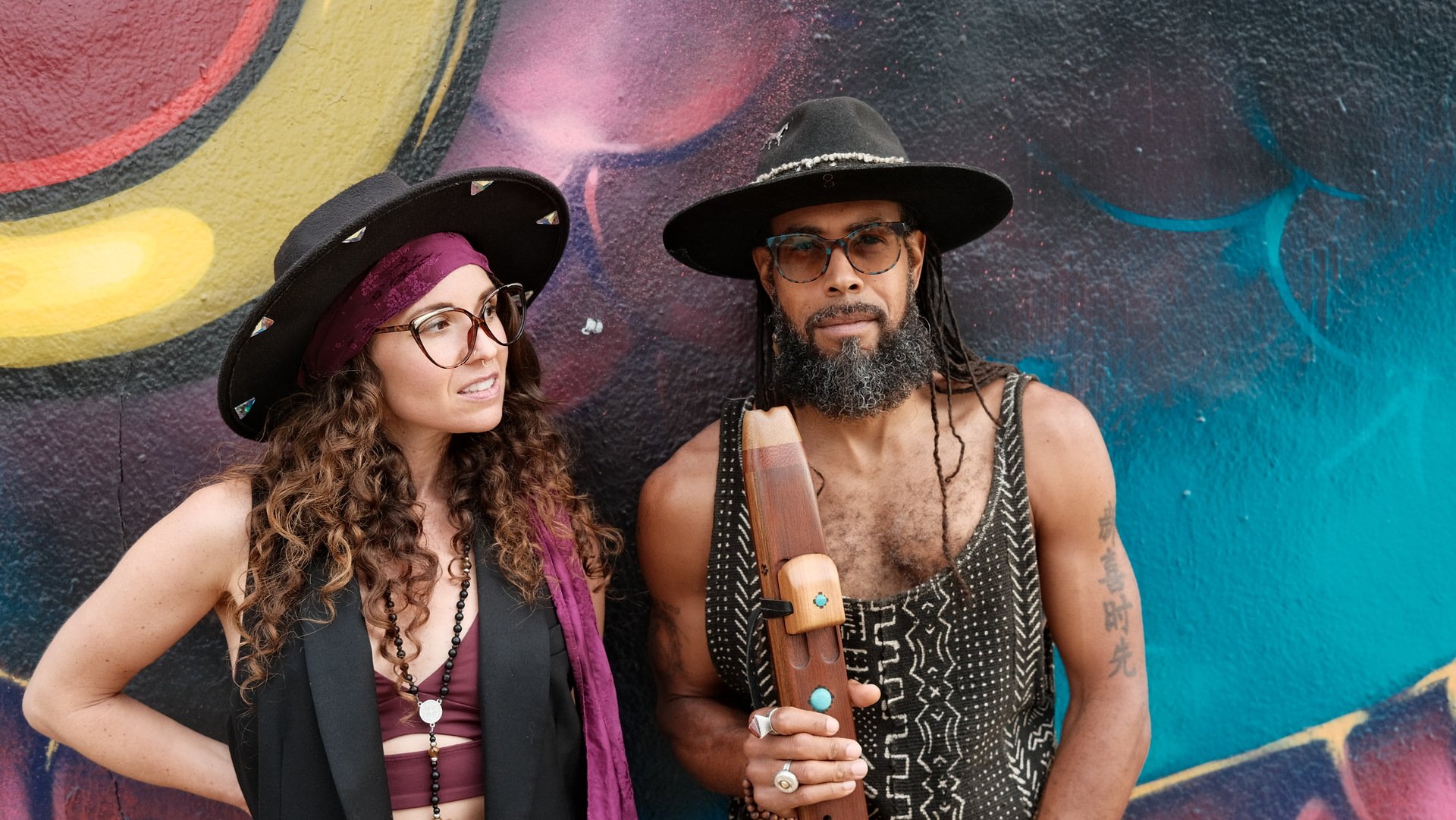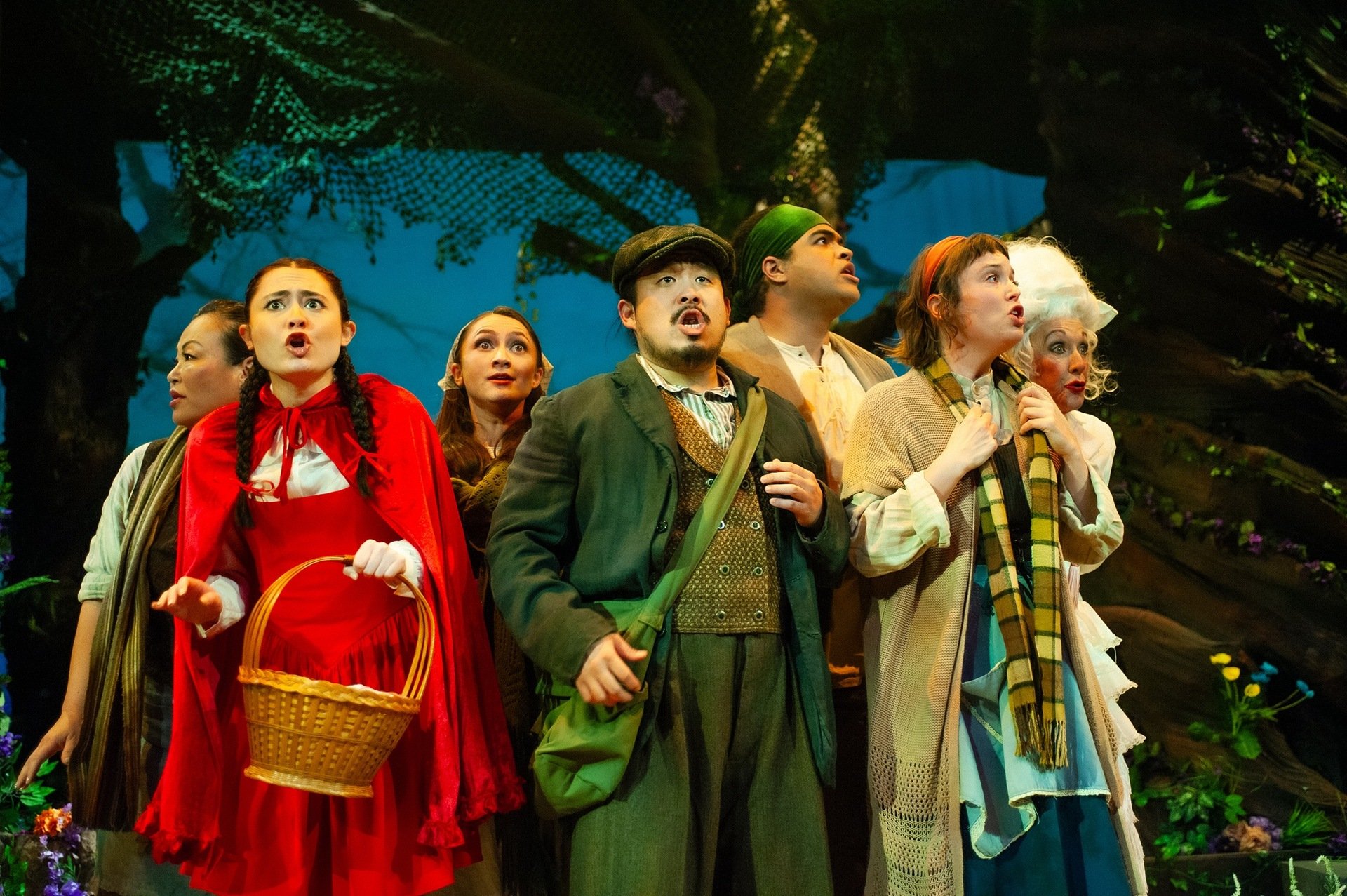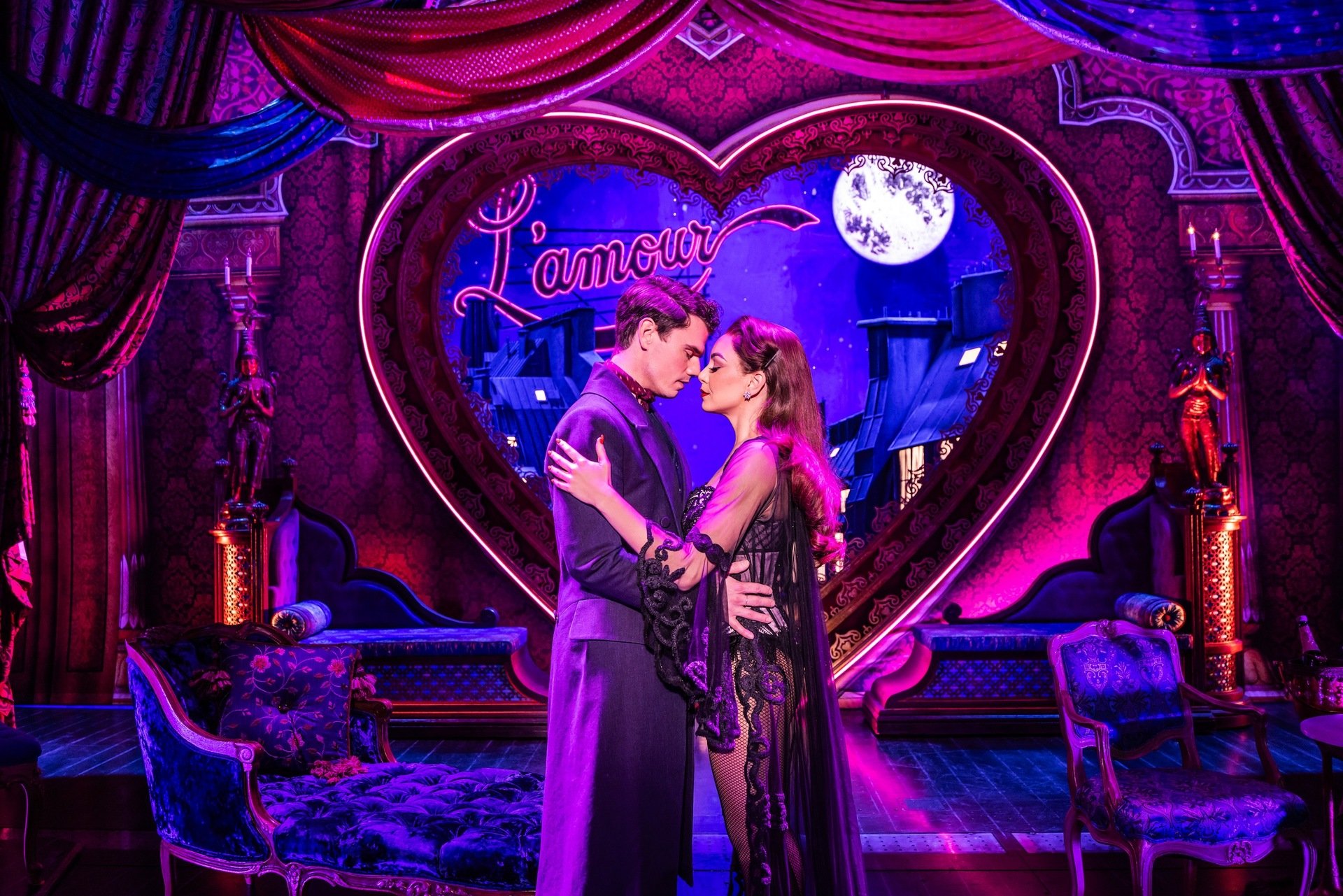by Charles Irwell
The Mafia are a disgrace to our species. The true stories of the Mafia – of people too inept to handle laundry, too mediocre to hold someone’s hand or kiss a cheek, yet so brutal as to pull the richest nation’s strings – are at once horrifying, frustrating, corny and contemptible. There goes the majesty of The Godfather.
So entrenched is the hoodlum with Hell’s Kitchen, that a stereotypical NYC lilt puts most of us foreigners in mind of armed, chubby cheeked men, sporting un-ironic fedoras. Or Martin Scorcese’s very, very generous casting choice for Henry Hill.
“Let’s get a real heartthrob to play this guy!”
Organized crime, Cosa Nostra, Mano Nera, Hoods, Wankers, call them what you will. They’re icons of infamy, and we can all credit their power to Prohibition. Easily the most hair-brained social experiment since the all-Lego town that banned the wearing of shoes and socks, prohibition rode in on a wave of religious hysteria, post-Great War “Patriotism”, and resurgent moralism.
A nation which had only thirty years previously stopped Manifesting its Destiny thought that the best thing to do would be to take away a vice which most people not only indulged, but depended on. The decision to ready the axe and destroy the demon drink was a culture collectively forgetting its senses and turning a blind eye to the worst excesses of Capitalism, making a dynamic economic system indistinguishable from mob rule.
Or was it?
What is less-well known, however, is how a movement for moderation, a movement to temper people’s drinking – a temperance movement, if you will – started as a genuine effort to improve the lot of the working man.
A sincere endeavor to break the stranglehold of addiction on poor communities, undertaken by non-conformist Christians, Chartists, and embryonic socialists. And it started in the humblest, rainiest conditions imaginable – the mines and mills of Northern England. How did this good-natured scheme to spend a little less time turning up on the weekdays become fanatical, credulous and contemptible? What was that quote about good intentions, again?
As I’ve said before, the grog of today does not fit into one pant leg of yesterday’s swill. While licensing existed, Health and Safety was something even armless children of Mill accidents would have called you soft for caring about.
“Shut up and drink your breakfast gin you pansy!”
The prevalence of poisonous rum and gin, or port and wine if you’re a bit posh, ran roughshod through the working class. Men, women and children, all exposed to the most horrendous living and working conditions, drank to get through their days. Men would spend entire days’ worth of pay in one sitting while their families starved. Towns swollen in size by industrial migration to the cities meant that ennui, exploitation and substance abuse skyrocketed. Sound familiar?
I’ve also said how the British Empire depended on blind drunk ruffians to do its dirty work. However, the triumphal soldiers of Waterloo returned to a nation that was pissed off. Land grabs by the rich, high taxes, high food prices and generally appalling quality of life meant that, soon, wildcat strikes, protests and riots took hold. These same soldiers soon found themselves firing at picket lines and mowing down protesters.
In an effort to stem the tide of arseholed sedition, the government passed the Beer Act of 1830. The drastically cheapened and increased availability of beer was an attempt to blunt the effects of spirits. This was a bit like dishing out crack cocaine to stop people taking meth, and the working towns languished.
Sick and tired of the government fighting fire with petrol, private citizens stepped in. Although there had been spasmodic attempts at stopping people from drinking, not forgetting churches which didn’t touch liquor on general principle, the first concerted, organized attempt to get working people to take their dignity back came from a Preston man called Joseph Livesey.
Born into riches, the family’s fortunes turned and soon the Liveseys were living in squalor and scratching out a living. After growing up, marrying, and moving into the cheese-selling business (yes, it’s a thing, people, never give up on your dreams), Joseph became energetically involved with temperance and Chartist politics.
Until this point, the Temperance movement was more like the Campaign for a Drug Free America, insofar as they advised people to cut down and eventually quit, rather than never touch a drop again. Then, in 1832, Livesey and six self-styled apostles took the ‘pledge’. They would not touch a drop of alcohol, and would encourage others to do the same.
Soon after, Temperance Bars began popping up all over Lancashire. One of the oldest, Fitzpatrick’s in Rawtenstall, Lancashire, is still open. Thanks to the brilliant minds behind combatting the physical and social addiction to booze, we now have such lifelong favorites as Dandelion & Burdock, Iron Brew, Vimto, Cream Soda and Sarsaparilla. You’re welcome.
England was not the only country going Industrial, and soon America had its own temperance advocates. The prevalence of women in the Anti-Saloon League and other organizations gives a hint of the radical feminism in these groups [I should note that I use radical as a badge of pride. It makes me sick when people who refuse to recognize transgender rights, or blow themselves and civilians up, are described as radical].
I’m far from the first person to notice that America’s official pushback against alcohol happened alongside men pulling their heads out their arses and letting women have a say in politics. The ability of these groups to mobilize and push an agenda, in a civil, non-violent way, was effectively a school for future feminists and liberation activists of all stripes.
The land of the First Amendment, however, was more open to alternative religions than it was to alternative politics (forget McCarthyism for a moment and keep in mind that the state of West Virginia used airstrikes to bombard striking miners). Here, the batshit religious character became regnant, rather than the chiefly political one found in Europe.
Furthermore, the hysterical propaganda for pursuing the carnage of the Western Front gave anti-drink activists another angle to come from. The holistic intentions of Livesey, the Quakers, Methodists, Chartists and Socialists were all gone, swapped in favor of croaking superstition.
Once passed, the legislation was near-universally despised. Opponents of the law had plenty of ammunition against their foe, and organized crime entered a golden age (ironically). Lawmakers, businessmen and elites were not blind to the opportunity Prohibition’s inevitable collapse could afford. While bootlegging did not contribute to the Kennedy fortune, he put himself in a prime position to control the distribution of Scotch Whisky once the Roosevelt administration repealed the 18th Amendment.
So, in brief, it seemed like a great idea to help working people out of destructive habits and wake them up to the injustices they received every minute of every day, then Americans got involved and now there’s the mob.
Good times.
The post America Ruined the Temperance Movement appeared first on Broke-Ass Stuart's Website.









